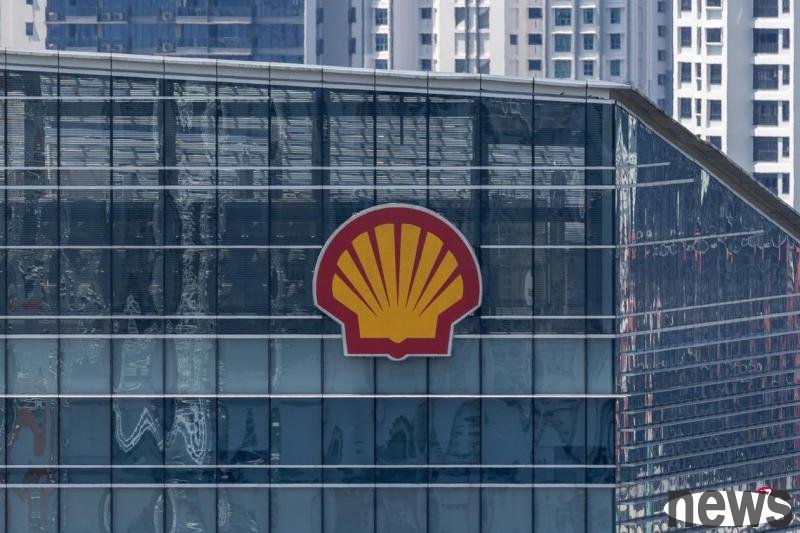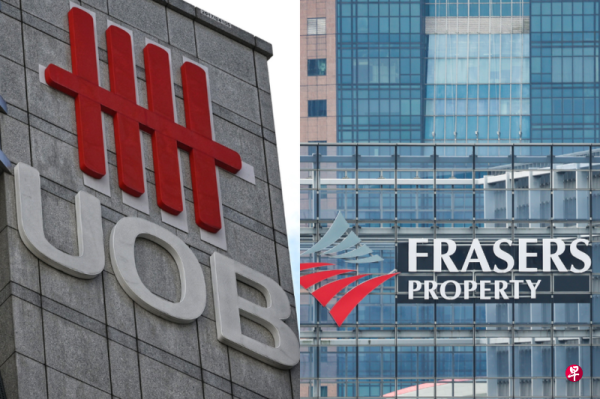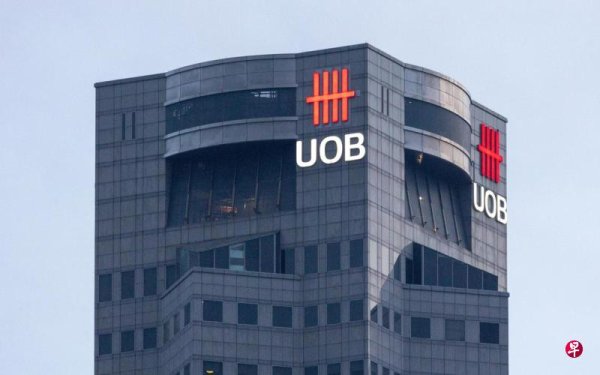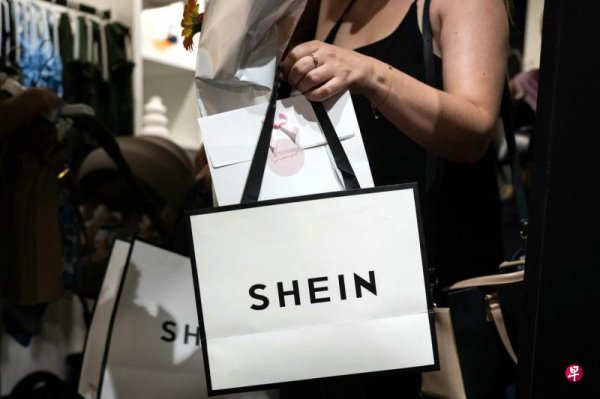Shell denies it is negotiating to acquire BP

If, according to the London Stock Exchange acquisition regulations, once listed companies formally deny negotiations, they may not re-engage with the target company within six months. Although Shell's unofficial announcement is unofficial, it is still possible to trigger this restriction.
Once the acquisition is successful, Shell will be able to challenge larger rivals such as Exxon Mobil and Chevron, and the merged group will become one of the super oil companies that dominate global energy production. The transaction will also help Shell expand its global trading business landscape and strengthen its dominance in key markets such as liquefied natural gas.
reported that negotiations between Shell and BP are still in an early stage, representatives of both sides are actively in contact, and bank advisers have also participated in the consultations. Despite the slow progress, BP is seriously considering the acquisition proposal.
British energy giant Shell denied that it was negotiating with its peer BP to acquire the latter, saying the relevant news was market speculation.
Shell's spokesman said in response to media inquiries: "This is just a further speculation from the market, and no negotiations are underway at present." BP declined to comment.
In contrast, Shell has a firmer position on execution strategies. CEO Wael Sawan stressed that the company has a high barrier to large-scale mergers and acquisitions. Shell recently announced a multi-billion-dollar stock buyback plan and seeks to sell its chemical assets in Europe and the United States.
In response to market criticism, BP announced at the beginning of the year that it would raise oil and gas production, cut green energy investment, and is selling its lubricant brand Castrol business, and is also considering partially selling its solar energy subsidiary Lightsource. Helge Lund, the company's chairman, also announced that he would step down.
According to the Wall Street Journal on Wednesday (June 25), citing people familiar with the matter, the two sides started preliminary consultations. If an agreement is reached, it will be the largest oil industry merger and acquisition case of this century.
Although the terms of the transaction have not been finalized, BP has a market value of approximately $80 billion ($102.2 billion). If included in the acquisition premium, the overall transaction size may exceed the $83 billion when the Elkeson and Mobil merged in 1999.
After the news came out, BP's stock price soared 10% in early trading Wednesday, but the gains narrowed after Shell denied negotiations, and the stock price rose 1.2% as of noon Eastern Time.
Shell Singapore, a subsidiary of Shell Group, announced on May 8 this year that it has reached an agreement to sell all the interests of Shell Energy and Chemicals Park Singapore to CAPGC Sdn Bhd, including physical assets and commercial contracts, and officially withdrew from my country's refining and petrochemical plant business.
If you deny the rumors, Shell may no longer contact BP within half a yearBP has lagged behind its peers due to strategic mistakes and operational problems in recent years, and has suffered frequent setbacks in its transformation into a renewable energy company and has experienced many management changes. Radical investor Elliott Investment Management has invested more than 5% of its shares since February this year and has continued to put pressure on the company to demand reforms.
Some analysts pointed out that although the acquisition of BP can improve scale and competitiveness for Shell, the integration process will take several years, involving complex issues such as corporate culture integration and asset overlap disposal. In addition, the transaction still needs to be approved by the British regulator, although Shell is both a local company and is more politically acceptable than foreign buyers.




